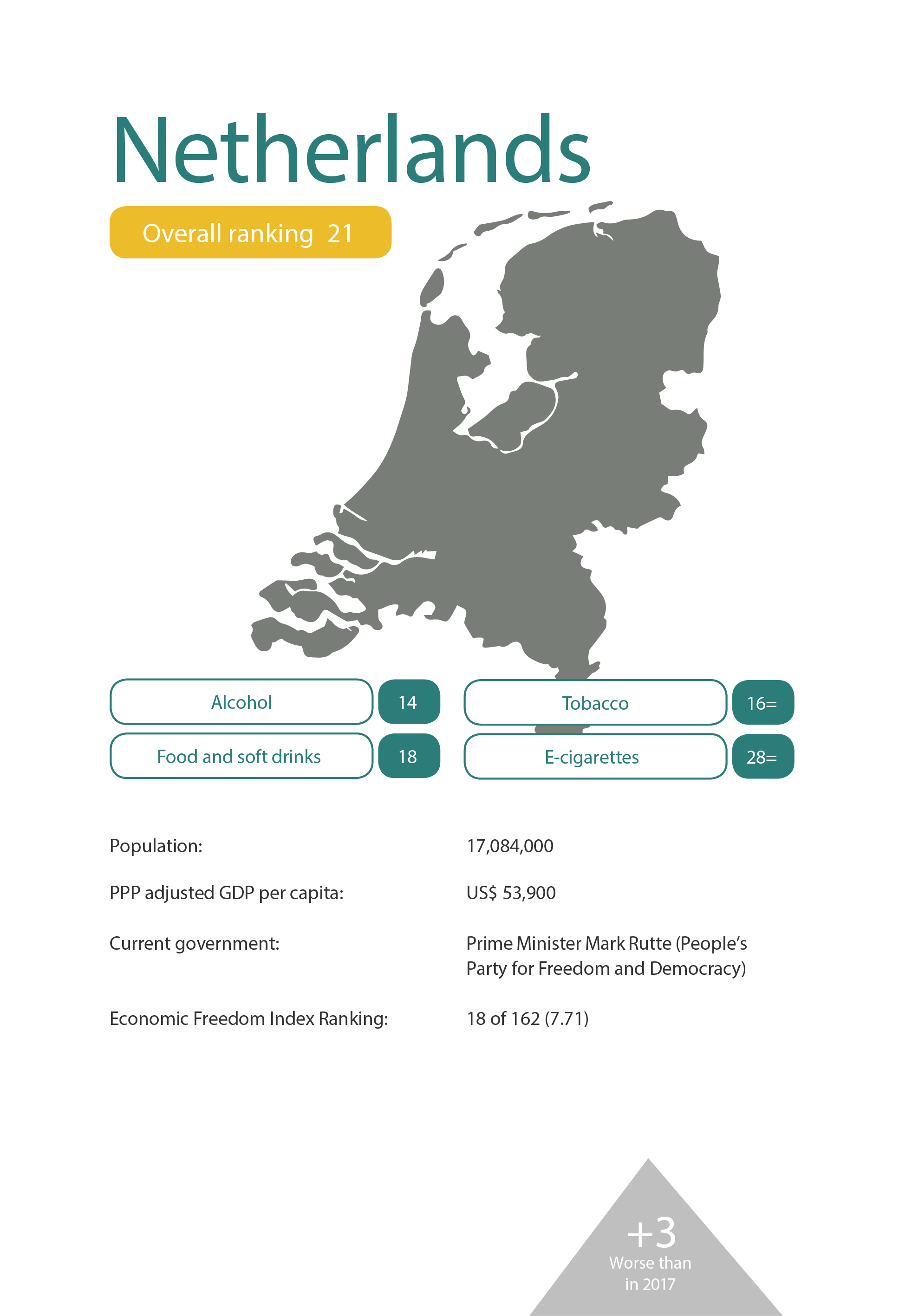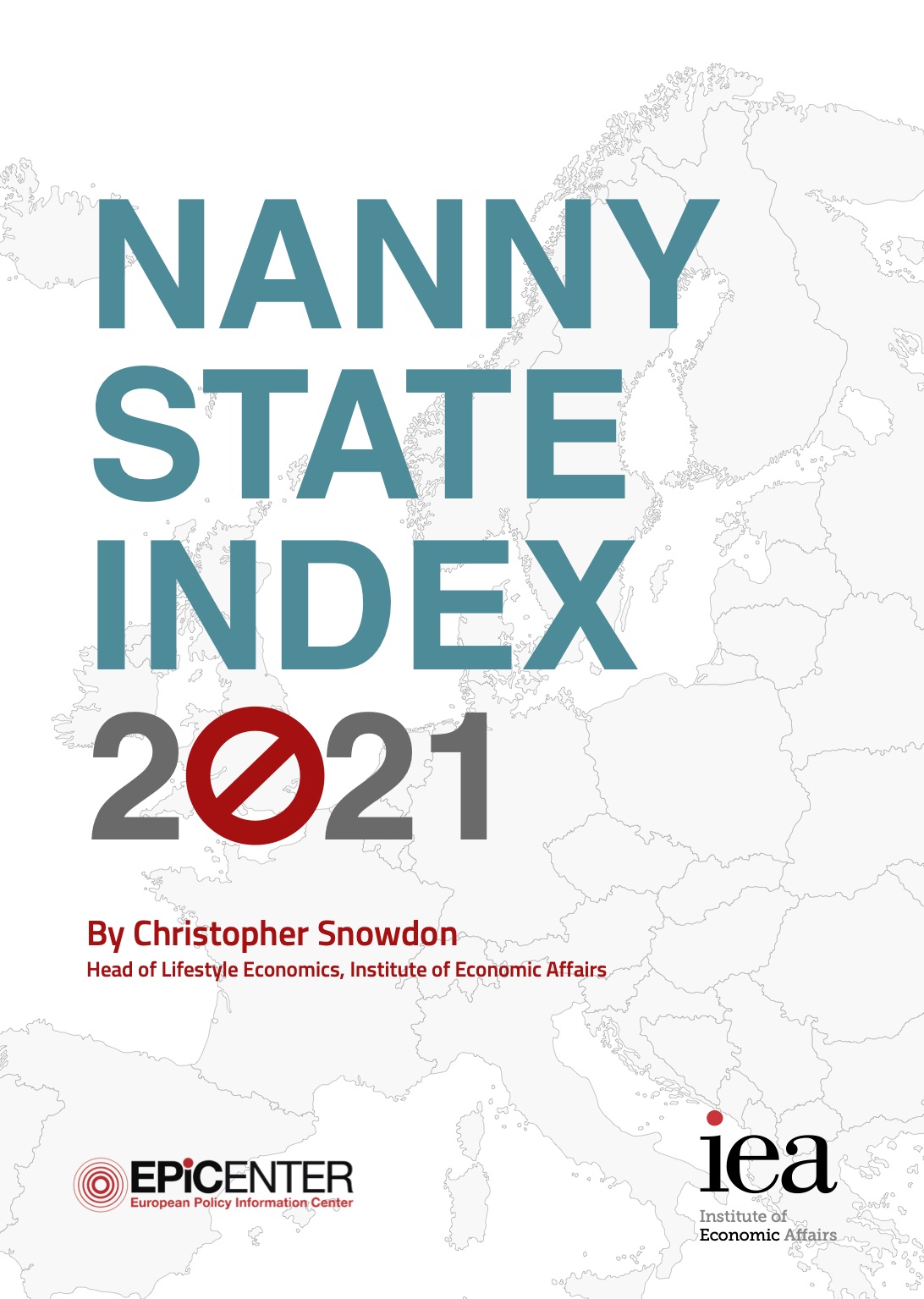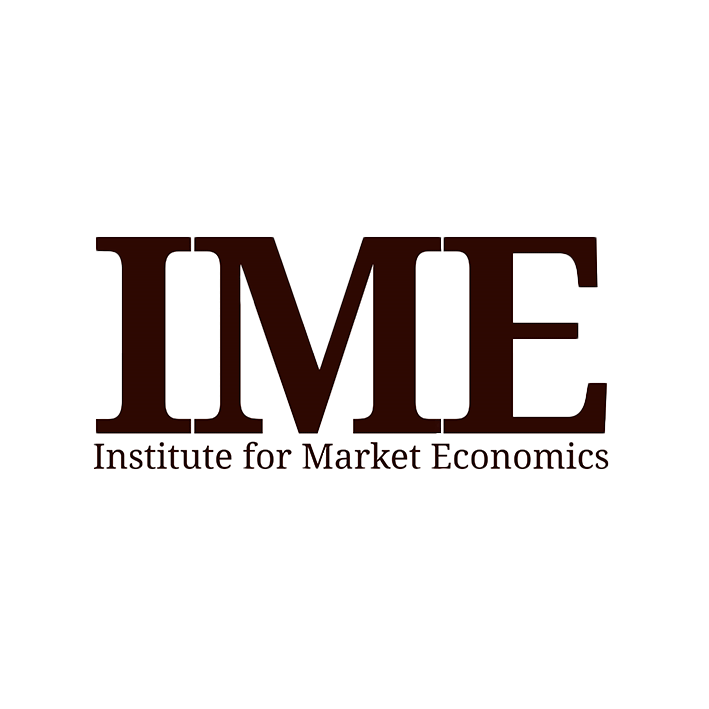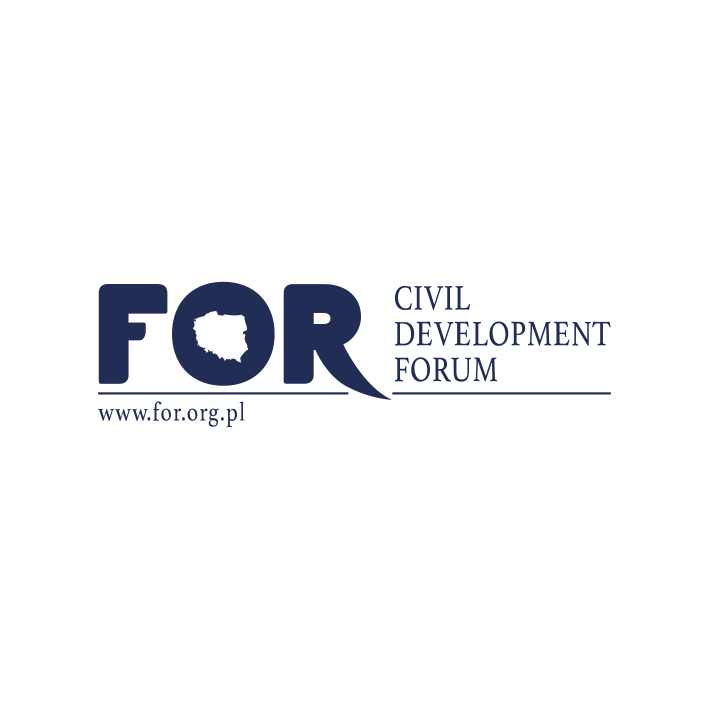
The Netherlands’ reputation as one of the world’s most liberal countries has taken a beating in recent years and could soon be shattered. The current health minister, Paul Blokhuis, fast-tracked plain packaging and a display ban for tobacco through the Dutch parliament in 2019, with both to come into force in 2020. He wants to introduce minimum pricing on alcohol so that the price of a crate of beer doubles from €10 to €20 and raise the price of a pack of cigarettes to €10 by 2023. He hopes to emulate the UK’s food reformulation programme and intends to copy Chile’s ban on the use of recognisable characters on food packaging. As if that were not enough, he wants to ban smoking on terraces, stop supermarkets selling cigarettes and include e-cigarettes in both the country’s smoking ban and plain packs legislation.
Mr Blokhuis is from the Christian Union, a socially conservative political party which came eighth in the 2017 election with 3.4 per cent of the vote. Although it only won five of the 150 seats in parliament, it became part of the governing coalition after protracted talks. Their price for going into coalition was that Mr Blokhuis be made health minister so he could introduce a ‘National Prevention Agreement’ with a raft of nanny state measures.
None of his policies are in force at the time of writing but the Netherlands already has more paternalistic lifestyle policies than you might expect. In 2017, it moved towards plain packaging with an unusual law banning ‘holograms, sparkles, shiny and glamorous colours, embossing or expressions referring to a specific theme’ on cigarette packs. Alcohol advertising can only be broadcast after 9pm and happy hours have been banned since 2014.
A ban on smoking was introduced in 2008 but was overturned for small bars in 2010 before being reintroduced in 2014. This left smoking banned in the vast majority of indoor venues, although there was an exemption for marijuana, and some smoking rooms were permitted. However, following a court case in February 2018, designated smoking rooms in restaurants, bars and cafés have now been banned. Marijuana is still exempt and smoking rooms in the workplace are allowed, although the government intends to remove them by 2023.
Things are better for vapers. For the time being, e-cigarettes are legal to use indoors. A ban on e-cigarette advertising was overturned in 2012 and cross-border sales of vaping products are still legal. There is no vape tax. Taxes on alcohol and tobacco are neither high nor low by EU standards. Heat-not-burn tobacco is taxed at €99.25/kg.
The Dutch government has been gradually lowering the legal limit of salt in bread. The initial limit was 2.5 grams of salt per 100 grams of bread in 2009. The current limit is 1.8 grams.
About
The Nanny State Index (NSI) is a league table of the worst places in Europe to eat, drink, smoke and vape. The initiative was launched in March 2016 and was a media hit right across Europe. It is masterminded and led by IEA’s Christopher Snowdon with partners from all over Europe.
Enquiries: info@epicenternetwork.eu
Download Publication

Previous version: 2019
Categories
About the Editor
Christopher Snowdon is the head of Lifestyle Economics at the Institute of Economic Affairs. His research focuses on lifestyle freedoms, prohibition and policy-based evidence. He is a regular contributor to the Spectator, Telegraph and Spiked and often appears on TV and radio discussing social and economic issues.
Snowdon’s work encompasses a diverse range of topics including ‘sin taxes’, state funding of charities, happiness economics, ‘public health’ regulation, gambling and the black market. Recent publications include ‘Drinking, Fast and Slow’, ‘The Proof of the Pudding: Denmark’s Fat Tax Fiasco’, ‘A Safer Bet’, and ‘You Had One Job’. He is also the author of ‘Killjoys’ (2017), ‘Selfishness, Greed and Capitalism’ (2015), ‘The Art of Suppression’ (2011), ‘The Spirit Level Delusion’ (2010), ‘Velvet Glove, Iron Fist’ (2009).
Netherlands 2019

The Netherlands’ reputation as one of the world’s most liberal countries has taken a beating in recent years and could soon be shattered. The current health minister, Paul Blokhuis, fast-tracked plain packaging and a display ban for tobacco through the Dutch parliament in 2019, with both to come into force in 2020. He wants to introduce minimum pricing on alcohol so that the price of a crate of beer doubles from €10 to €20 and raise the price of a pack of cigarettes to €10 by 2023. He hopes to emulate the UK’s food reformulation programme and intends to copy Chile’s ban on the use of recognisable characters on food packaging. As if that were not enough, he wants to ban smoking on terraces, stop supermarkets selling cigarettes and include e-cigarettes in both the country’s smoking ban and plain packs legislation.
Mr Blokhuis is from the Christian Union, a socially conservative political party which came eighth in the 2017 election with 3.4 per cent of the vote. Although it only won five of the 150 seats in parliament, it became part of the governing coalition after protracted talks. Their price for going into coalition was that Mr Blokhuis be made health minister so he could introduce a ‘National Prevention Agreement’ with a raft of nanny state measures.
None of his policies are in force at the time of writing but the Netherlands already has more paternalistic lifestyle policies than you might expect. In 2017, it moved towards plain packaging with an unusual law banning ‘holograms, sparkles, shiny and glamorous colours, embossing or expressions referring to a specific theme’ on cigarette packs. Alcohol advertising can only be broadcast after 9pm and happy hours have been banned since 2014.
A ban on smoking was introduced in 2008 but was overturned for small bars in 2010 before being reintroduced in 2014. This left smoking banned in the vast majority of indoor venues, although there was an exemption for marijuana, and some smoking rooms were permitted. However, following a court case in February 2018, designated smoking rooms in restaurants, bars and cafés have now been banned. Marijuana is still exempt and smoking rooms in the workplace are allowed, although the government intends to remove them by 2023.
Things are better for vapers. For the time being, e-cigarettes are legal to use indoors. A ban on e-cigarette advertising was overturned in 2012 and cross-border sales of vaping products are still legal. There is no vape tax. Taxes on alcohol and tobacco are neither high nor low by EU standards. Heat-not-burn tobacco is taxed at €99.25/kg.
The Dutch government has been gradually lowering the legal limit of salt in bread. The initial limit was 2.5 grams of salt per 100 grams of bread in 2009. The current limit is 1.8 grams.

 Austria
Austria Belgium
Belgium Bulgaria
Bulgaria Croatia
Croatia Cyprus
Cyprus Czech Republic
Czech Republic Denmark
Denmark Estonia
Estonia Finland
Finland France
France Germany
Germany Greece
Greece Hungary
Hungary Ireland
Ireland Italy
Italy Latvia
Latvia Lithuania
Lithuania Luxembourg
Luxembourg Malta
Malta Netherlands
Netherlands Norway
Norway Poland
Poland Portugal
Portugal Romania
Romania Slovakia
Slovakia Slovenia
Slovenia Spain
Spain Sweden
Sweden Turkey
Turkey United Kingdom
United Kingdom


















